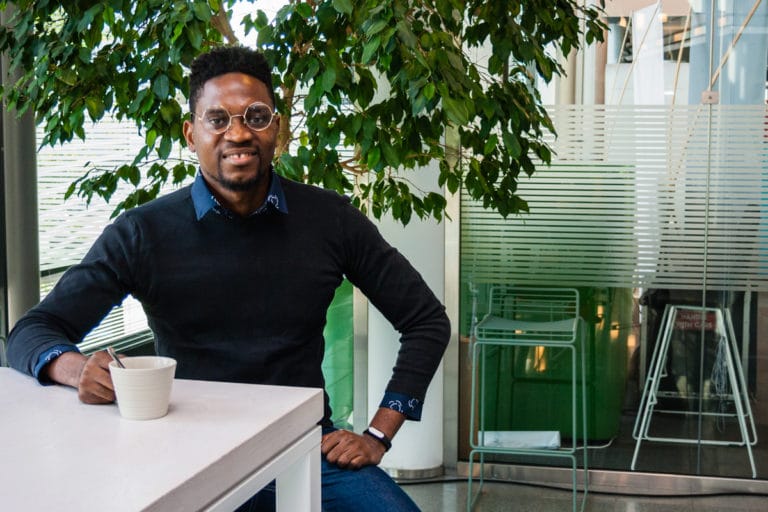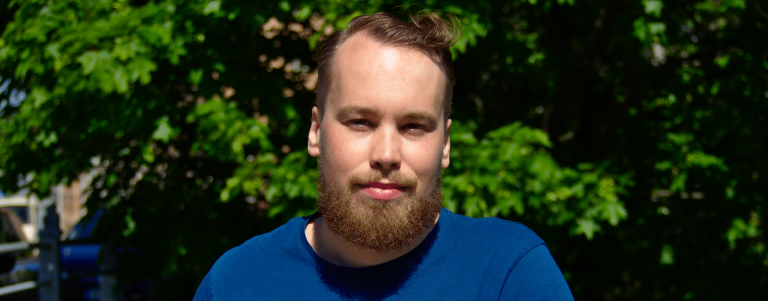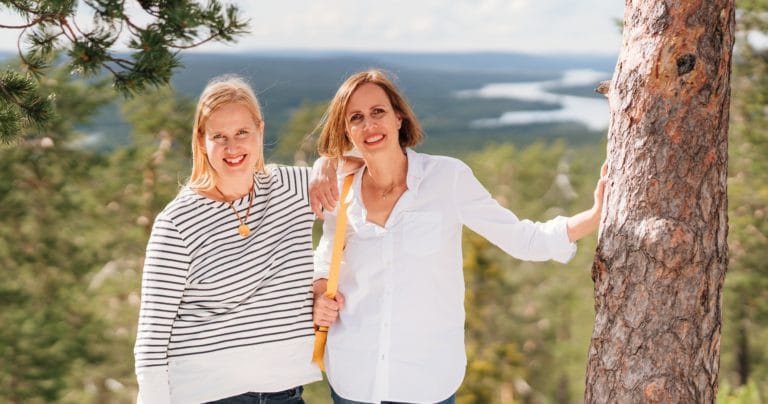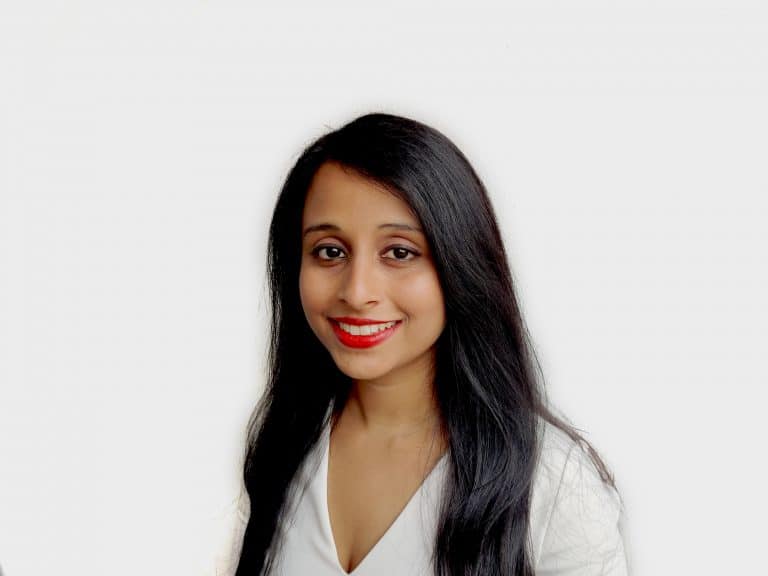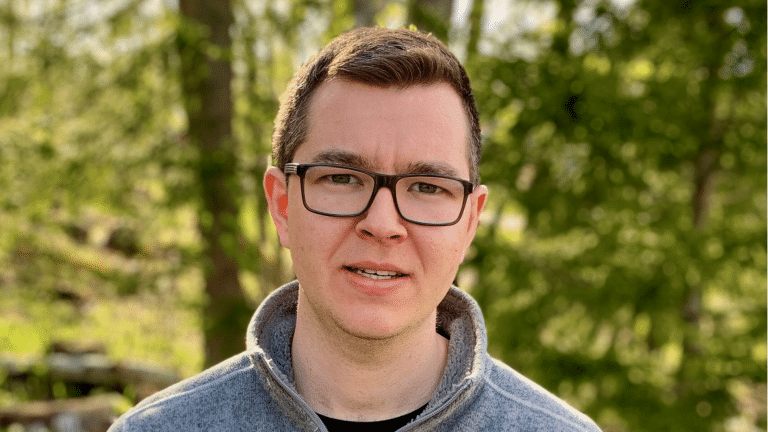I owe my parents a lot, especially for instilling in me the understanding that nothing worth having comes easily.
I was born in a small town called Vredenburg on the west coast of South Africa. I am the youngest of 3 children. My childhood was mostly happy. We were a middle-class white family in an old South Africa where being white came with privileges that you didn’t deserve over others. However, it did mean that you got a very good education, grew up in relative safety and had plenty of things that many would think of as luxuries. I was also very aware of the fact that we were not the wealthiest family, and that spending had to be budgeted.
The fact that we had so much was down to the extremely well-planned way my mom ran our finances and how my parents always found the cheapest way to live a comfortable life. By planning far enough ahead, my parents managed to help all three of their children get a degree without getting into debt that usually goes with it when studying in South Africa. I owe them a lot, and I’m especially thankful for them instilling in me the understanding that nothing worth having comes easily. Hard-work, perseverance and making sacrifices is just something you have to do, and not something to cry or complain about.
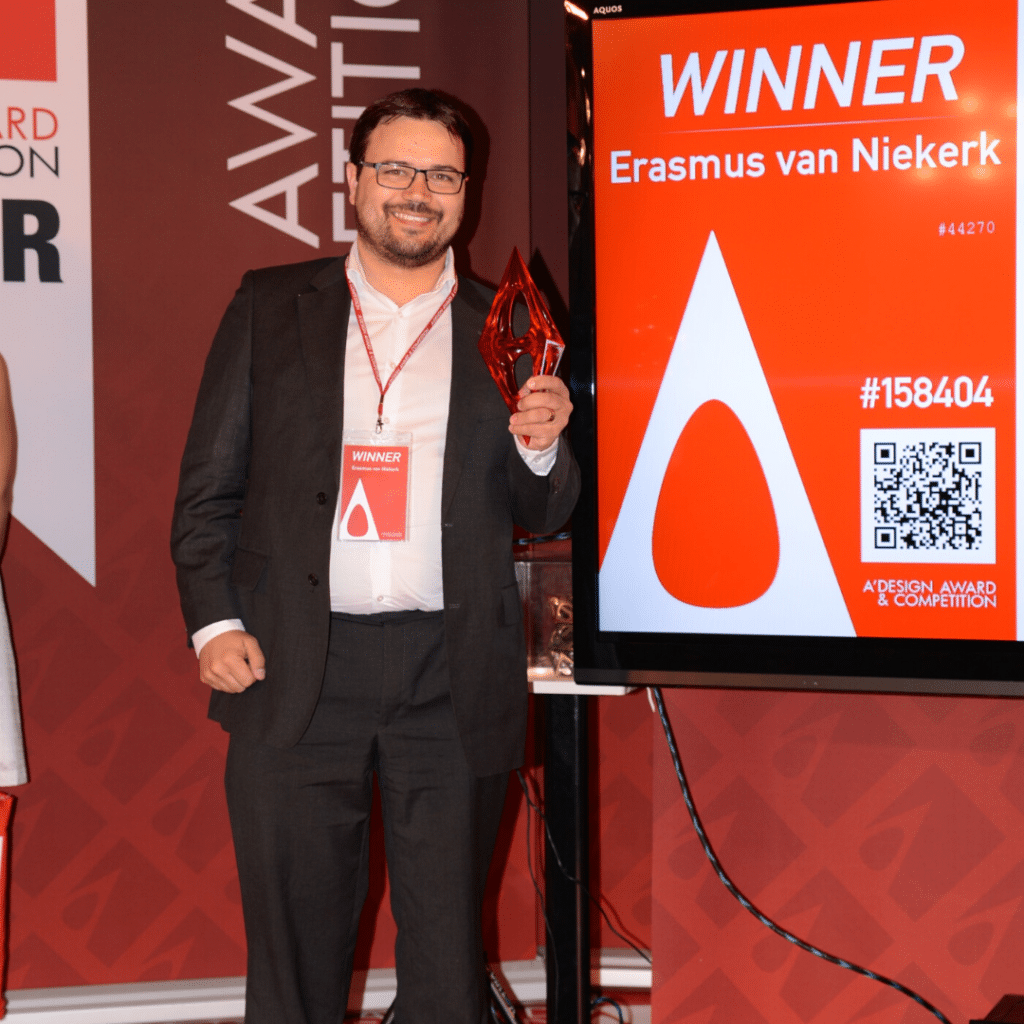
My mom has possibly been the greatest influence in my life. Her support was often the only thing keeping me together, as I will discuss later. She tried to teach us many of her own beliefs, for example, things like, “always be the lesser” and other things about how we should not be too demanding or too assertive. But as the black sheep in the family, I happily admit I did not always listen.
My dad and I did not always see eye to eye but at the end of the day, I believe that is because we are so similar rather than so different. He is the only other ‘born entrepreneur’ in my direct family, and it became clear to me over the years that he sacrificed pursuing other plans to provide us with a stable home and steady income from his day job. I owe him everything for safeguarding my future and for enabling me to pursue the opportunities he couldn’t.
The one thing both my parents did do that allowed me to be as independent as I am today was to let me make decisions that affected me, even when I was still quite young. For example, at 13 I had the choice of staying at home for highschool or going away for boarding school. I could see the prospect of me leaving was heart-breaking to my mother, but she never once asked me to stay, knowing that the boarding school could offer me more than my local school could. All she said about the topic was that I needed to make the decision myself.
But story-telling is what I miss the most…
Food, sport, friends and family are the cornerstones of my culture. We spend a lion’s share of our free time socialising and gathering with others. Typically, we’d see friends and extended family about 3-5 times a week, usually around an open fire having a braai (Afrikaans word for BBQ).
Having regular, several hours long braais taught me the art of storytelling, as this was the only way to keep a conversation going with people you see so often. We would all tell the same story at various events and each of us from our perspective. It was interesting to me how we all could remember the same event so differently. This is probably what I miss most about South Africa. The easy-going atmosphere, friends, family, food and maybe a few beers.
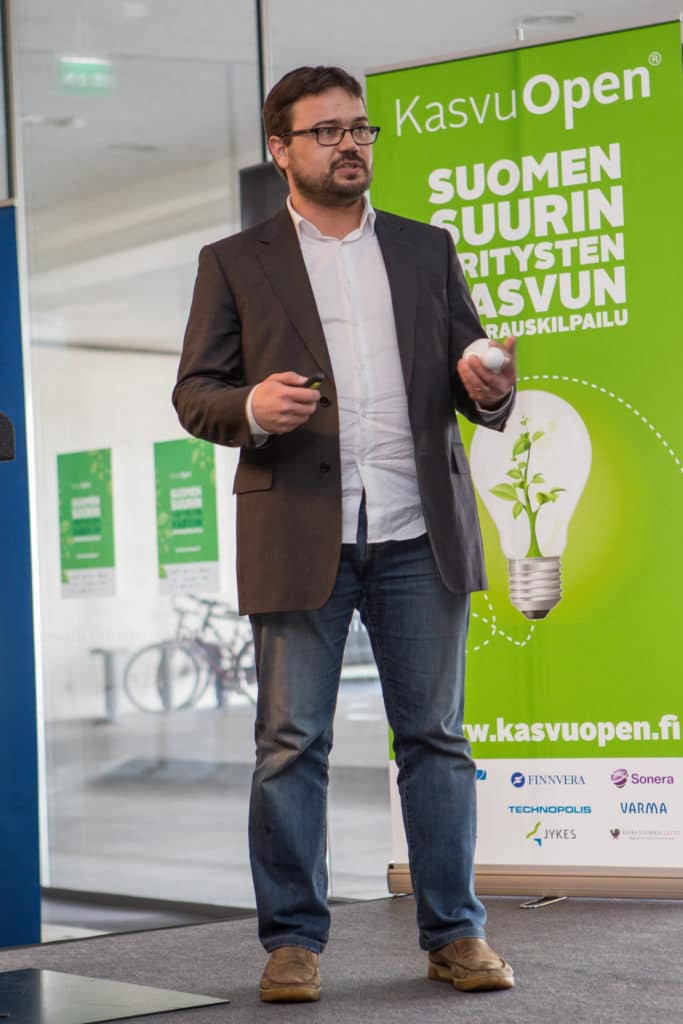
Bullying almost broke me, but today I use emotional awareness as a strength
The first seven years of school were extremely difficult for me. I was mentally and physically bullied, and the bullying was relentless and severe. I know there doesn’t have to be a reason why someone is picked to be the target of bullying, and I certainly never understood why I was separated from the herd and attacked like I was. On the surface, I was a good student, played in the first team of all the popular sports and had many friends outside of school, which one might think would safeguard me against bullying, but that’s not how bullying works. It might be what made me a target. There may not even be a reason for bullying, or at least a rational reason. But it can make people’s lives hell, and it needs to be addressed, and as much as possible, stopped when noticed.
“In hindsight, my first years of school were probably the worst time of my life. Being bullied has had a profound effect on my life, but I don’t see it as a weakness, I see it as a source of strength. As a result, I’m an emotional intuitive person, and someone who’s able to easily make sense of what I’m feeling and why. I can also interpret other people’s emotions pretty well.
Bullying didn’t ‘break’ me, but there were times when it came close.
I still get emotional thinking about what I’ve gone through, and there’s nothing that I worry more than having my own kids go through something similar.
In the end, it did make me more equipped to deal with any kind of hardship, and today, I use emotional awareness as a strength. “
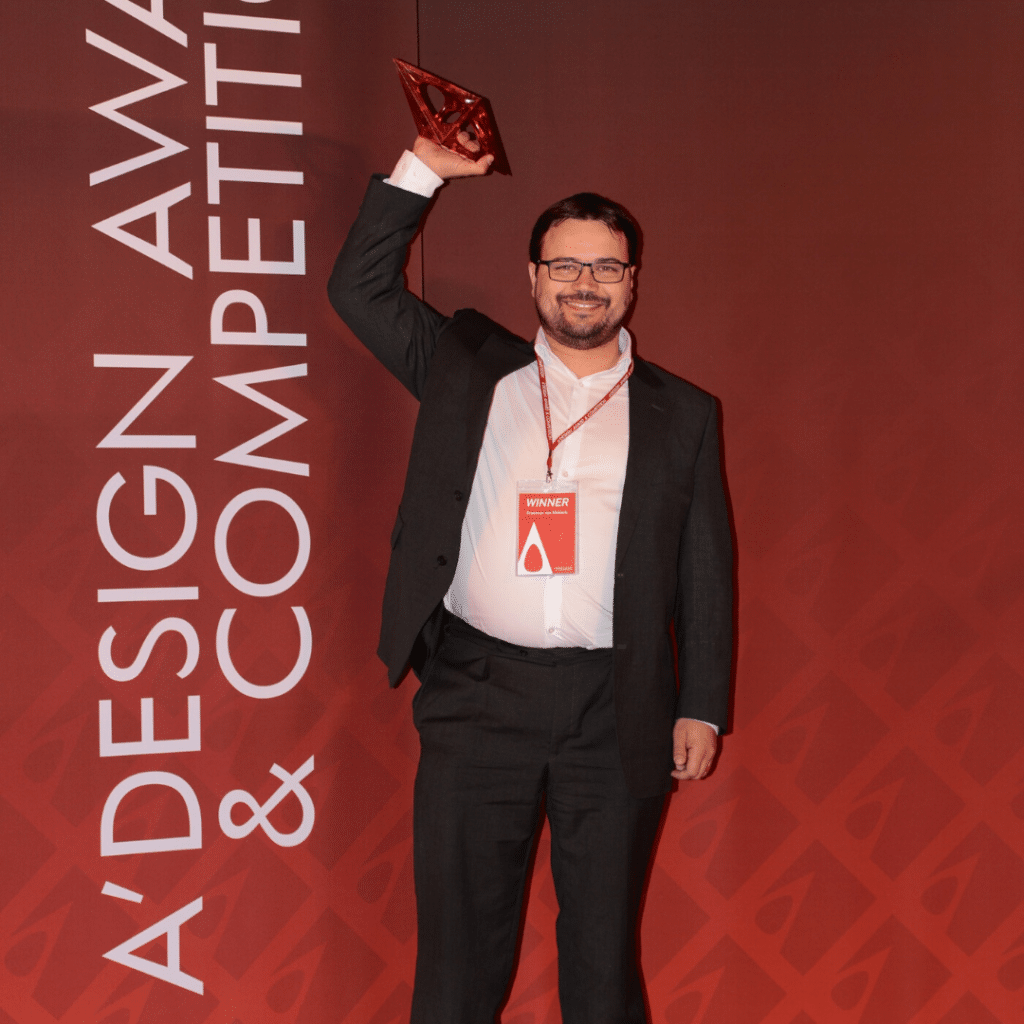
I made plans on investing in property since I was 12
“I remember enthusing to my friends about how investing in real estate was a great idea, thinking it was like fishing in a barrel and not quite grasping how it worked and what it entailed.
I was 12 at the time, so it’s perhaps understandable that I still had to learn as well as earn a bit to be able to explore it, but the idea did appeal to me from quite early on.
I’ve since been able to tip my toes in investing in real estate, and now see it as the cornerstone of my own financial security strategy. “
Theater and business
My first business was born out of my love for theater.
At the time, I was at boarding school, and as mentioned before, my parents gave me all they could, which didn’t tend to stretch to anything ‘extra’.
I had enough pocket money to buy necessities like toiletries and bus tickets when I needed to, and it was enough for me to be able to play a sport, but it didn’t really stretch to anything else that cost a bit more.
There was an English 1st language course at my school that organised for the kids to regularly go to the theatre in Cape Town, which was about 150 km away.
I was not a 1st language student, but I convinced the teacher that they should make an exception and let me come along. The problem was that the journey cost about two months worth of pocket money. So after my mother paid my next month’s pocket money into my account, I went and emptied my bank account and walked straight into the nearest candy wholesaler’s, and spent it all on candy.
The local “candy dealer”
So now I was without pocket money for my bare necessities, and as I had already signed up for going to the theater, a bill worth two months of pocket money. This meant that I was three months behind on my expenses before the month started. Luckily, boarding school had one rule that counted in my favour. We were only allowed off school grounds over the weekends, which meant that by Wednesday morning, everyone was out of treats and only able to replenish their stock on Friday afternoon. This was where I seized the opportunity I saw and became the local dealer with a rather large markup on the goods I sold.
Before the end of the week, I was out of stock and had enough money to cover all my debts for the theater, and twice my normal monthly allowance in my pocket! I had discovered a goldmine, so I kept it up the rest of my time at boarding school. Risk-taking yielded great rewards – I learned a lot from dealing candy, and my horizons were broadened by my theatre visits and seeing Cape Town. I ended up not missing any of the trips to the theater during my time at school. I eventually also earned qualification for English as a 1st language.
Having thick skin helps ignore negativity, but it can also help unearth hidden opportunities
I learned the value of money, the importance of independent thinking and the meaning of living with the consequences of your actions from my parents, and I learned resilience, perseverance and perspective from the people who bullied me. You have to develop a thick skin and you have to learn to ignore negativity. Some negative comments, however, may prove valuable if they spur you on, or if they help you find your way.
My emotional intelligence helps me understand my emotions as well as the emotions of others, and to me, it’s a source of positive social interactions. It helps with motivation, and I think it’s needed to fulfill one’s full potential. From my friends and family, I’ve learnt that we all have a different perspective and experience of reality and I need to be aware and accepting of that at all times. Lastly, me wanting to do something I didn’t have the monetary means to do taught me to be inventive, and that properly managed risk-taking is not a bad thing.
Even though I found entrepreneurship at a young age and always knew I would be doing my own thing eventually, it has taken me a long time to find what I love to do but to be clear, I don’t see what I do as a destination but a journey. I love learning, and continuously find new things to explore.
I learnt the most from people who failed
I wouldn’t say I have any role models, but I definitely have an interest to understand how others have ‘made it’. I don’t subscribe to the belief that you’d have to be somehow successful for people to look up to you. What I do believe is that those who have failed at something are the real experts on the topic.
People who have succeeded in something are often people who have gotten a lot of things right and also gotten lucky. Those who failed might have done a lot of things right as well, but sans the luck factor, ended up not reaching a set goal. If you’ve succeeded in something, it may be hard to specify what you did right and what you did wrong, when when you fail, you have no choice but to do a post-mortem and analyse what went right and what went wrong before you get up and try again.
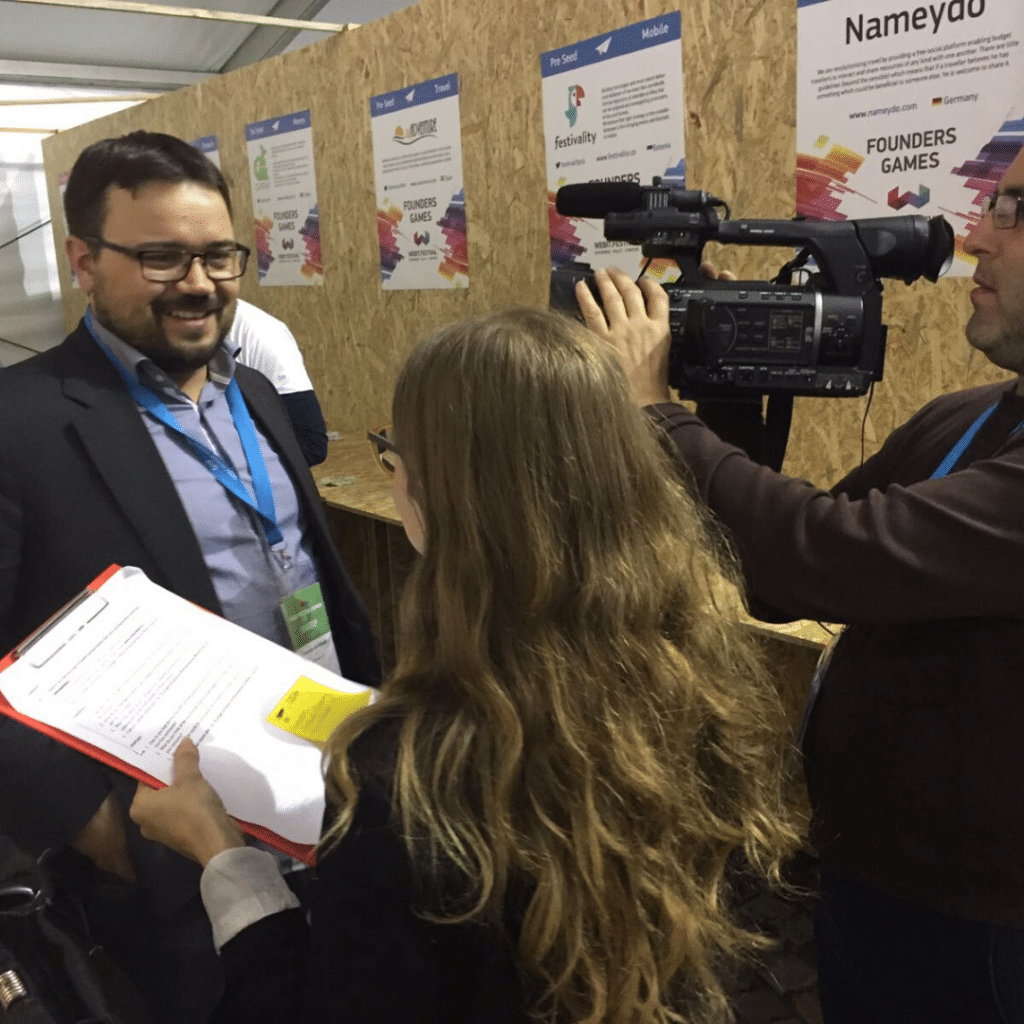
The more you practice, the luckier you get
Gary Player, a South African golfer, is credited with having said that golf is a game of luck – the more you practice, the luckier you get. I think life, entrepreneurship and golf have this in common. Nobody gets it right every time, but if you’re able to learn from both your successes and failures, and you have the perseverance to keep trying, you’ll get there in the end.
I have worked in many jobs. I have stocked shelves, packed bags, pushed trolleys in a supermarket, worked as a waiter, sold luxury vacuum cleaners door to door, worked as a shuttle driver at a 5-star hotel, moved roller coasters around the US and Canada and been a “stone man” (kivimies) in Oulu, whilst I was getting my degrees.
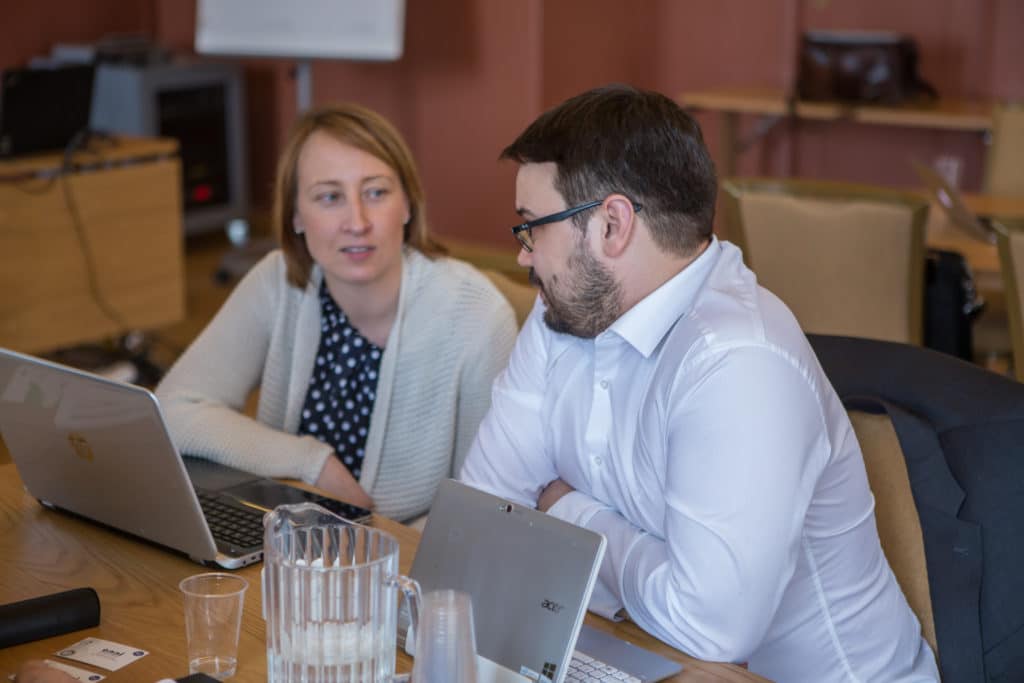
Lucky to have a life partner who’s supported me pursuing my dreams
I’ve studied civil engineering in South Africa and worked as a Project Manager for a civil engineering company in South Africa and a system specialist for a surveying company in Finland. After getting my Business degree in Finland, I was ready to start my own business.
I’m extremely lucky to have a life partner who always encouraged me to pursue my dreams. Later on, the stars aligned and we were able to start a venture together.
My first business idea was basically “jump in and hope for the best”
At heart, I am a problem-solver. To me, nothing is as exciting as having a problem that needs solving. I can spend hours just sitting, thinking and trying different ways to approach a problem. I like to understand how things work, and I find it rewarding to see the results of my work. I love getting my hands dirty, and I’m not a fan of remote management.
My first venture involved a toiminimi (sole trade) operations by the name of E-web design and marketing, but I did no web design and absolutely no marketing. What I did do is create an app that tracked golfers on the golf course and provided them with, for example, information about the distance to the hole from their current position.
“It will be harder to get to the starting line than the finishing line”
I built a proof of concept for the golf app, and then joined forces with a company that had a system that enabled the clubhouses to see the location of the golfers on the golf course. The company integrated my app into their system, and it became the main way to track the golfers. In the end, they bought the app from me, and I worked on selling their product to South African golf courses for a while until Satu and I started our own venture.
I didn’t really have a plan when I started my first venture, I just jumped in and hoped that my idea would somehow pan out. It did, but in hindsight, I should have named the venture differently to be more suitable for something that wasn’t quite clear when I started. A friend of mine recently ran the Comrades marathon in South Africa, which is a 93 km ultra-marathon, and he said that his coach told him that it will be harder to get to the starting line than it will be to get to the finishing line. This, I think, is also true for becoming an entrepreneur.
“Failing to plan is planning to fail”
Even though I jumped in without a plan, I did do proper planning once I identified what I wanted to actually do. Planning and having a goal of where you want to end up, and identifying the steps in between your current state and your end state is extremely important. You can’t get where you want to go if you don’t know where you are when you start.
The old adage “failing to plan is planning to fail” sounds trite but it’s true. Still, I don’t think everything has to be crystal clear when you start, and of course, you must also be prepared to pivot if needed.
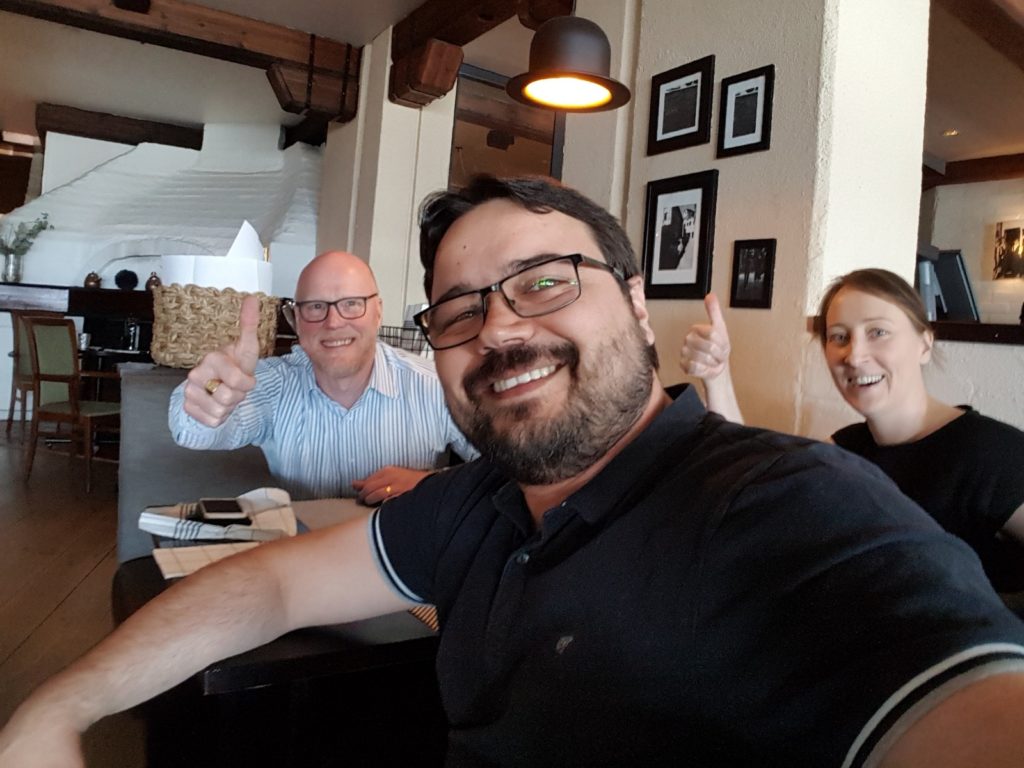
Learn how to handle the stress in both personal and professional life
Starting a company with my life partner has come with many challenges, and it’s not always been sunshine and roses in our house as we’ve navigated starting our business and bringing up three kids, all at the same time. It has also not been the easiest project to get off the ground. It has taken a lot of understanding to learn how to handle the stress both in our personal and in our professional lives.
It is not like I can go home in the evening and complain about my business partner and how frustrating it was to deal with her during that day, though I have tried a few times. With this said, it has brought us closer, and I have learnt so much about her that I would never properly have understood without seeing her in action. I believe that having gone through all this together we are a much stronger team, and I know I have one of the strongest persons I have ever met standing beside me.
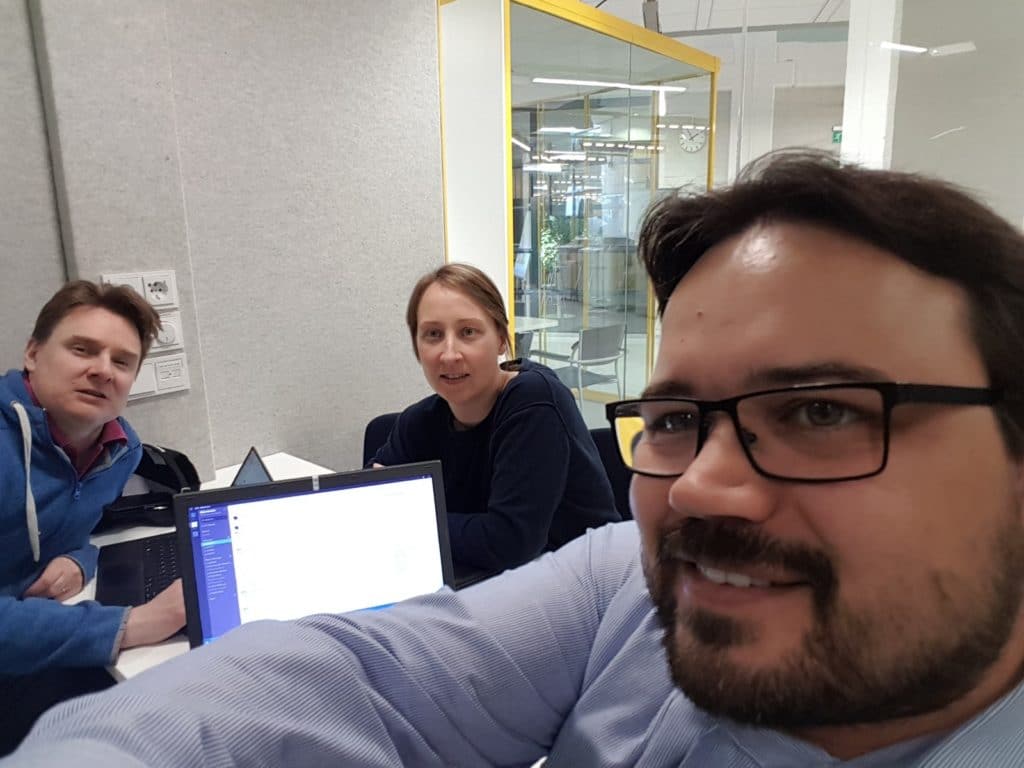
We took an idea from concept to international markets
For most of the project, it was just Satu and me in our company. We took our idea from concept into the hands of end-users in international markets. As a result, we have hands-on, deep-in-the-trenches and full-spectrum experience from every stage of product development: ideation, research, planning, design, development, testing, manufacturing, marketing and launching.
Our innovation was IoT devices connected to a system that was designed to help parents stay connected and informed from concept to international markets. We found inspiration for the project and a gap in the market based on our own experiences of becoming parents.
The devices were controlled through our custom-built web platform and native Android and iOS applications. Together with a partner, we designed the hardware from scratch and did a custom mechanical design, learning the ins and outs mould making in the process. All marketing materials from packaging to campaign contents were done in-house, as were everything we used when exhibiting at international trade shows, including press releases, press kits, flyers, hand-outs, roll-ups, videos scripts, presentations and stand designs.
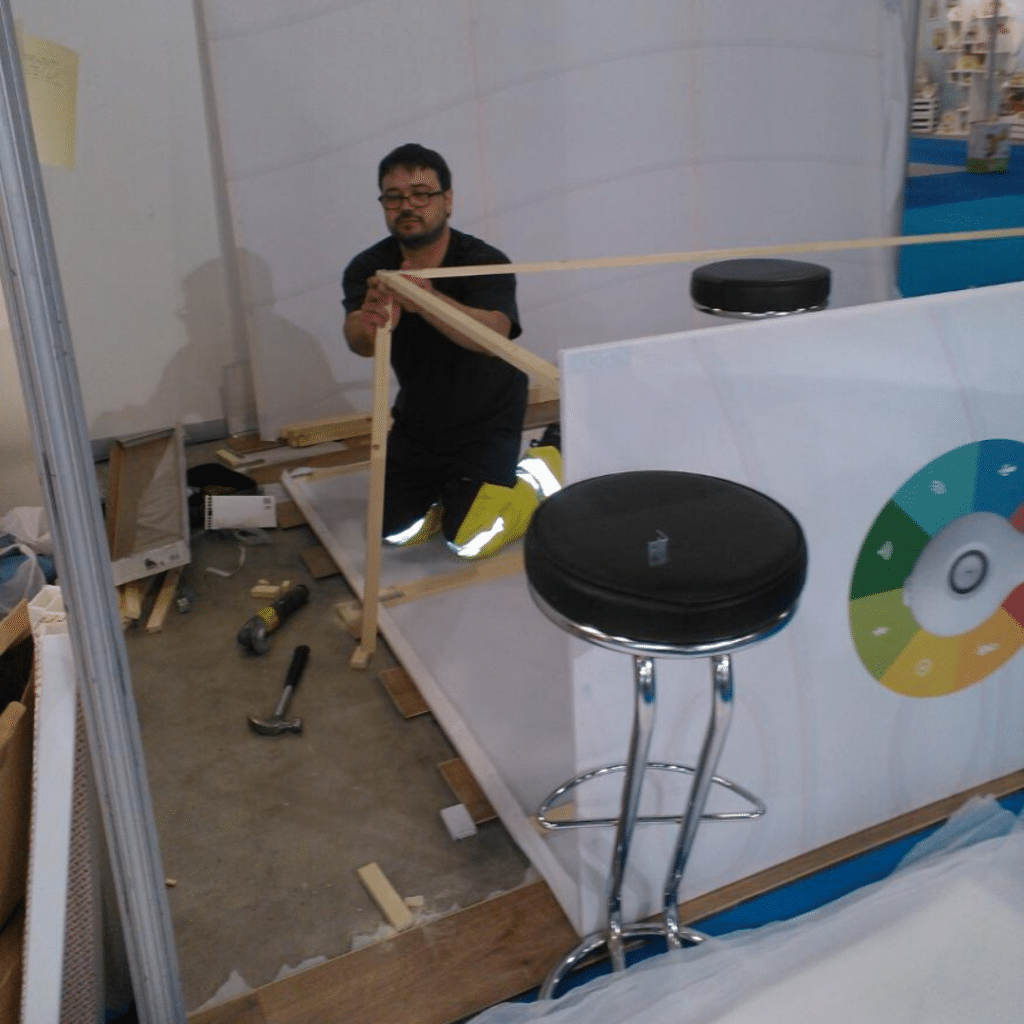
Don’t let a tight budget stop you
At one point, I spent three months in one go in China working with the design teams to get everything just right for manufacturing. This was a high-stress, do or die trip, no hotel, no luxuries and no daily allowances, and everything riding on it yielding the desired results.
As a marketing and sales effort as well as to find new collaboration partners, we went to multiple international consumer shows and trade fairs, exhibiting in the UK, Germany, Spain, Bulgaria and China to name a few. I spent many nights building our exhibition stands myself just because our budget didn’t stretch to using external contractors to get the job done for us. We had to learn how to make the most of the money invested in these events, and we accumulated a world of knowledge about what to do before, during, and after the events, and have actually since helped a few companies get the most out of their exhibition efforts.
We walked away from a single event with retailers and distributors from 40 countries wanting to stock our products
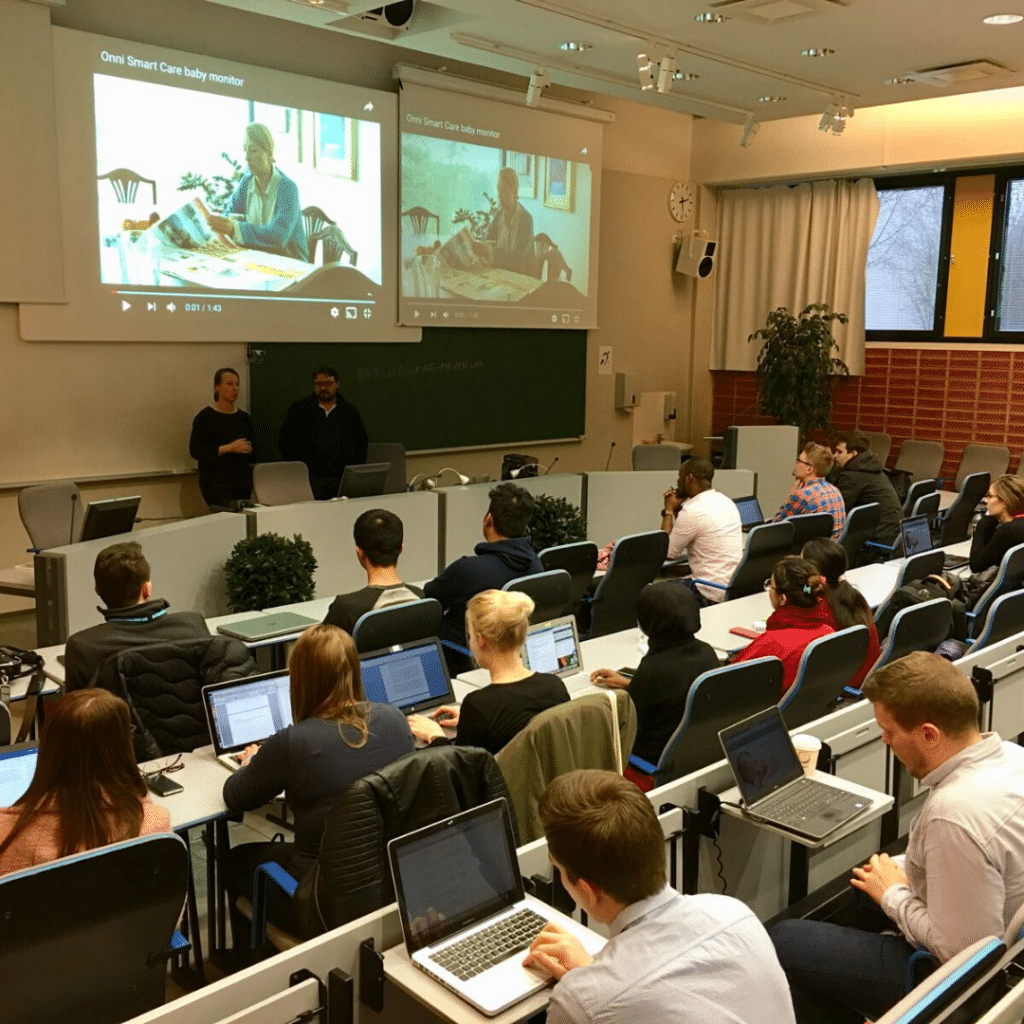
After exhibiting at one of the industry’s leading international trade shows in Germany, we walked away with resell interest from more than 40 countries. In the UK, which was our launch market, we had resale agreements with Tesco, Boots, Argos, John Lewis and many smaller specialty stores to sell our products.
In Benelux, we worked with a distributor who managed to get our products on the shelves of 250 specialty stores. We’ve had a joint venture with a Chinese partner, and we’ve had our products featured in multiple major international publications from TechCrunch to Vogue. We’ve won awards, been featured as emerging brands in market studies, and been invited to explore collaboration possibilities with companies big and small.
For the past few years, we’ve taken a step back and focused our efforts on helping other companies grow or launch in international markets. This has entailed helping with strategy, sales, marketing, funding and attracting collaboration/partner interest. Especially funding has turned out to be something many companies need help with, from utilising available instruments to preparing materials for and pitching to angels and VCs.
As much as I’ve enjoyed helping others with their internationalisation endeavours, a few ideas keep coming to mind. Who knows, perhaps we’ll soon start another project of our own, only this time, wiser with the experience.
Amongst the many rewarding moments I’ve experienced, the first satisfied customer review sticks with me the most
On my journey I’ve experienced many rewarding moments from getting to see thought-provoking productions on stage to being awarded for my efforts and interviewed for my experience, but the one thing that I’ll never forget is the first satisfied customer review.
It showed that what my wife and I had envisioned and had put so much hard work into was truly something that our customers wanted. Winning awards, being recognised for design, and all the rest was all just part of the journey to getting our customers the product they wanted and that met their needs. That’s why we started this whole thing in the first place.
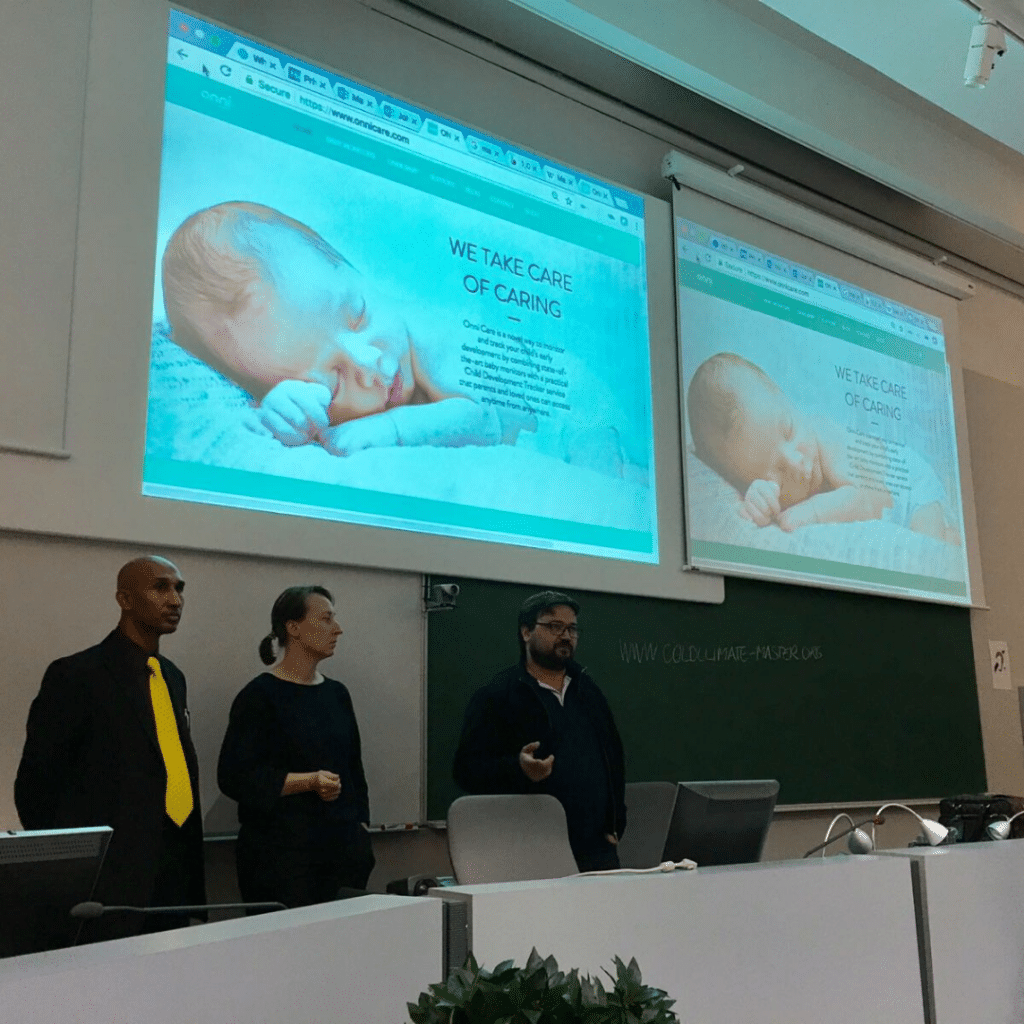
Experience is a better teacher than theory
The journey from concept to satisfied customer reviews is long and the road is hard. You have to understand the theory and you have to have experience – neither alone is enough. We made many mistakes along the way, but we knew we were heading in the right direction, even if it took us longer to get there.
We did not identify our MVP correctly and as a result, took the long and much harder route to market by only launching our super-MPV. Then, we ran into unforeseen R&D issues that needed solving, and there were no funds left. It took us too long to realise our Finnish hardware partner had run into trouble, deciding to fake deliveries instead of finishing our project. We weren’t involved enough with our financial planning and management and relied too much on an accounting firm that promised us the moon when we partnered with them, but in the end, billed by the minute. We’ve learned it the hard way to know what to keep firmly in your own hands and what to outsource, although – of course – when you keep certain activities in-house, you also need to be equipped to managing them.
A great idea is worthless without the right people
I’ve learned that a great idea alone isn’t enough, and that you need to surround yourself with the right people and the right partners to be able to execute. Now with the benefit of hindsight, I also know the importance of experience – it’s not enough to know this in theory, you have to be able to put the theory into practice.
Let’s take the MVP as an example. In our case, the baby goods market offered loads of low-threshold opportunities to start selling other products, which we could easily have started to do before writing one line of code. In this way, we could have learnt more about the market whilst securing cash flow, and we could show our experience rather than our market-research-based assumptions to investors, and we could have built our sales network in the process.
Trusting that a partner will work as agreed in the contracts is not enough
Picking a partner and keeping tabs on them delivering as agreed required a lot more involvement than I had hoped. Unfortunately, trusting that a partner will get the work done as agreed in the contracts is not enough.
Know your financials from day one, plan your spending as far in advance as possible, be realistic with yourself about the costs and deadlines, and make sure you know what’s going on.
Entrepreneurship is like climbing mountains, but at least you can choose which mountain to climb and how to climb it
I would like to think that I am a born entrepreneur, but I know I may rather be an entrepreneur because of my life experiences. My parents, the bullies at school, my lack of resources, and my drive to experience and learn new things have all added up to me wanting to pave my own way.
Entrepreneurship does come with many challenges, and there is always something that doesn’t go according to plan, but it does give you the freedom to climb that mountain the way you want to, and getting to the top depends on you and your team. So make sure you surround yourself only with people equipped for the trek.
Making mistakes is par for the course, lying about them is not
Everyone makes mistakes, and failing is just part and parcel of being an entrepreneur. Learn from what happened, and use it to try again. Edison is credited at having said “I have not failed. I’ve just found 10,000 ways that won’t work”, and I think that’s the right attitude to adopt. Making mistakes and looking like an idiot is not the worst thing in the world. I’ve sometimes joked at how I’ve mastered that skill, but truth be told, one can learn a lot from it.
I’d argue that the only reason someone hasn’t failed or made a mistake is because they’ve not tried, or because they’re lying about not having failed. It’s possibly universally true that in the end, it doesn’t matter what you do, it’s how you’ve planned and how you execute. You have to understand your market, but even more importantly, you have to understand the person that will end up buying and using your product, and why they’d choose you.
As an entrepreneur, you need to be inquisitive and both able to work with and rely on others. More than anything, you need a lot of sisu, that unending endurance to keep going even when you want to do nothing more than to stop.
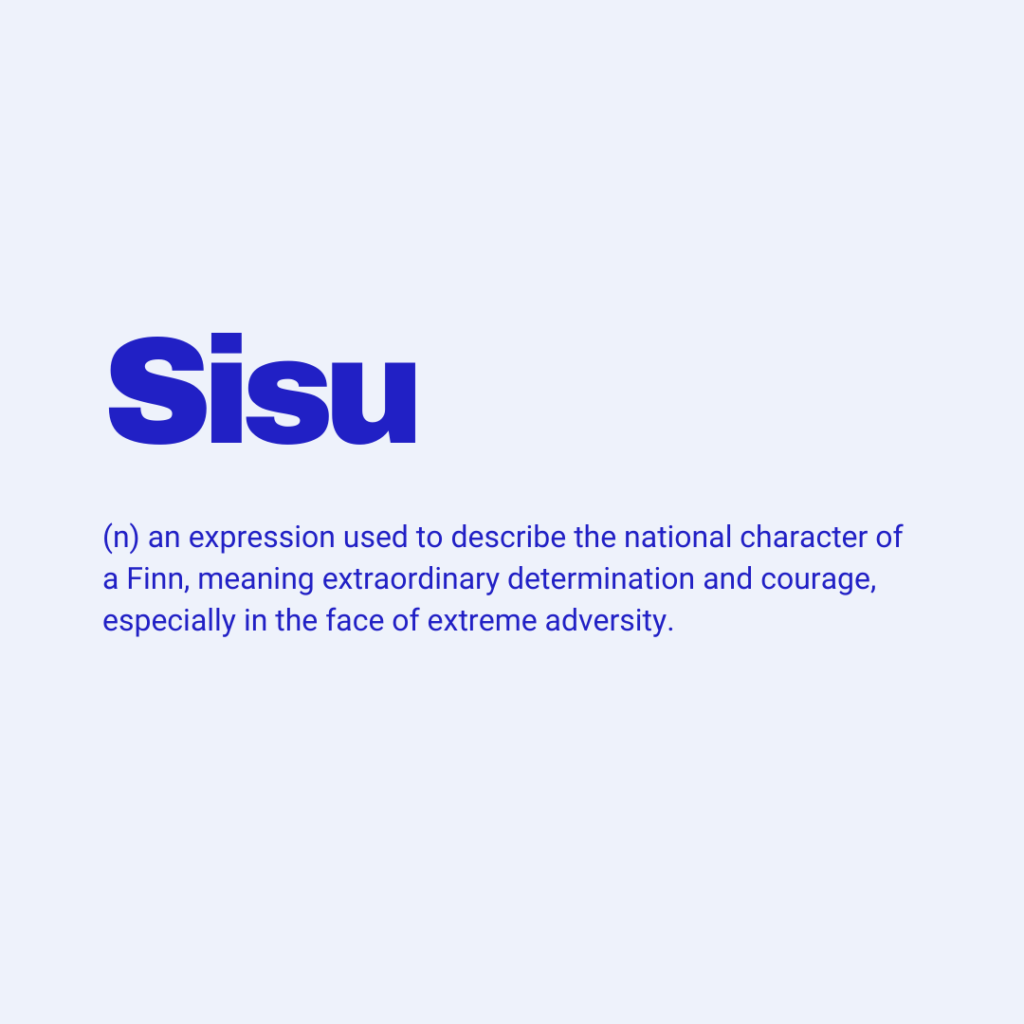
Not knowing how you are spending your money will be the most expensive mistake you ever make
If there is one thing I recommend every aspiring entrepreneur to invest some time in it’s on making sure you understand your financials. Not understanding your money and what you are spending it on will be the most expensive mistake you’ll ever make.
Your idea can be amazing, but without money, you’re going nowhere. Bootstrap for as short a period as possible. Work to the point where you can prove your idea ‘has legs’ and that you and your team are ready and able to execute. I would love to tell you that all you need to get the first investments is a PowerPoint presentation, but I have never seen a presentation worth anything that did not have hundreds/thousands of hours of work behind it.
In fact, less than 1 percent of startups secure funding from angel investors, and even fewer are funded by venture capital firms. Make use of the available grants and low-interest loans, but don’t fool yourself into thinking finding outside investors will happen overnight.
Make sure you find some balance in your life. If you are not healthy, your business will suffer.
Being an entrepreneur is all-consuming. It’s not an 8h/day job that you can forget about at 5 pm. If you’re not physically, mentally and emotionally healthy, you’re just not able to do everything that the job entails.
Find your MVP and start selling as soon as possible. It will give you not only some income but also the validation of your idea and an understanding of your end customer that you can not get from market research alone. This intel will help you focus your R&D where it’s needed rather than where you think it’s needed.
Cash is king and so is cash flow. Focusing on starting to generate cash flow with something as soon as possible, even if only doing it to carry the costs of R&D, often enables securing operations later when something unexpected happens, or a better opportunity presents itself.
Don’t be afraid to jump in and find your way. And if one thing doesn’t work out, try something else. It may just be that falling at one thing turns out the be exactly what enables you to succeed at something else.



